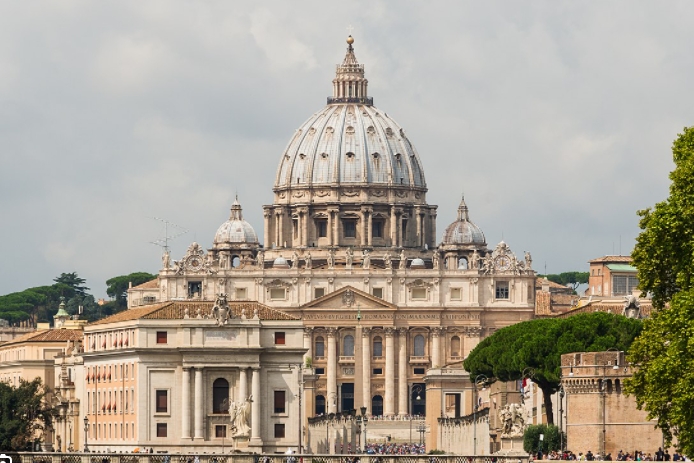The Roman Catholic Church: A Brief Overview
The Roman Catholic Church is one of the oldest and largest Christian denominations in the world. It traces its origins back to the early followers of Jesus Christ and has played a prominent role in shaping Western civilization.
The Early Church Fathers
The early centuries of the Roman Catholic Church were marked by the writings and teachings of important figures known as the Church Fathers. These men, such as Augustine of Hippo and Thomas Aquinas, helped to define the core beliefs and doctrines of the church.
The Middle Ages and the Papacy
During the Middle Ages, the papacy became a powerful institution in Europe. Popes such as Gregory the Great and Innocent III wielded significant political and spiritual authority, influencing the course of history.
The Reformation and Counter-Reformation
The 16th century saw a major split within the Roman Catholic Church with the Protestant Reformation. Leaders such as Martin Luther and John Calvin challenged the teachings and practices of the church, leading to a period of upheaval and change.
In response to the Reformation, the Roman Catholic Church launched the Counter-Reformation. This movement sought to address the criticisms raised by the Protestants and reaffirm the teachings of the church. The Council of Trent, held in the mid-16th century, played a key role in shaping the response of the church to the challenges it faced.
Modern Era and Vatican II
In the modern era, the Roman Catholic Church has continued to evolve and adapt to changing circumstances. The Second Vatican Council, held in the 1960s, ushered in a period of renewal and reform within the church. It sought to modernize church practices and reach out to a changing world.
Today, the Roman Catholic Church remains a powerful force in global politics and culture. With over a billion followers worldwide, it continues to shape the lives of millions of people and maintain a rich heritage of faith and tradition.

